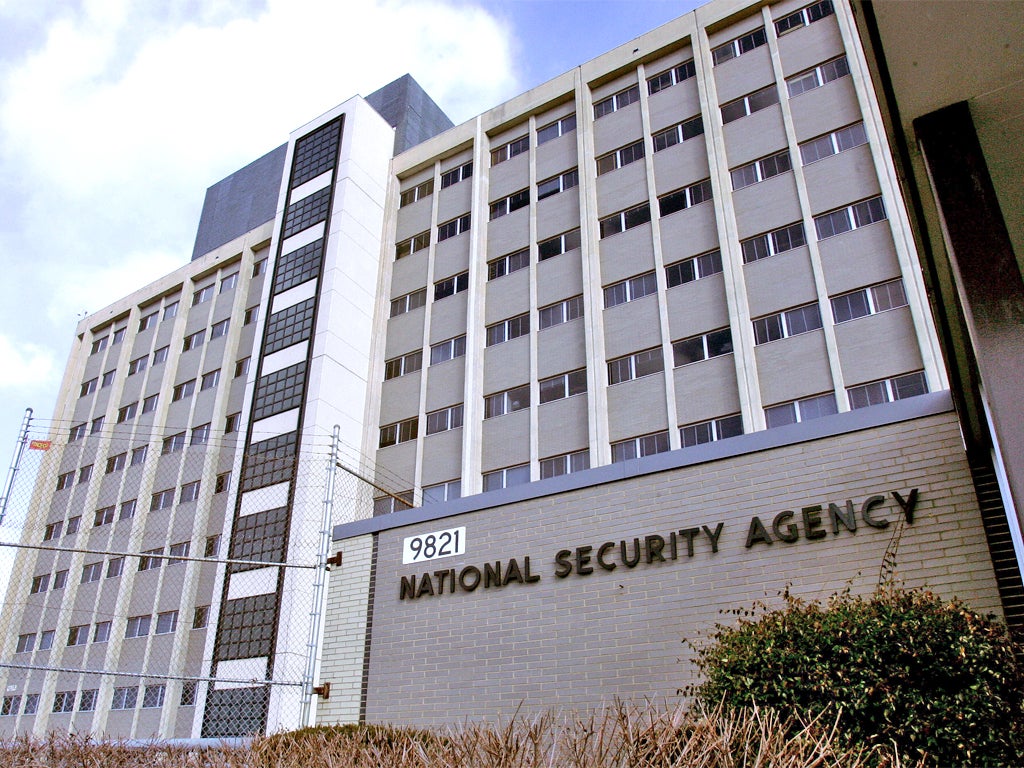Freedom Act: US law limits snooping, just as UK gears up to make its spies far more powerful
US has limited the powers of its intelligence agencies for the first time in over 30 years, but there’s little chance of anything similar happening in the UK

The US has dramatically limited the powers of its spy agencies, just as the UK gears up to hugely increase what its own can do.
The Senate passed the USA Freedom Act last night, placing new restrictions and oversight on the way that the country’s National Security Agency can spy on citizens, in what was hailed as a victory for privacy campaigners and a direct result of the Snowden leaks.
But in the UK, lawmakers are getting ready to pass into law the “Snoopers’ Charter” — which among other things imposes that internet service providers must store information on their users so that intelligence agencies can access them. After the majority Conservative government was elected, the Draft Communications Bill could include even more powers, with David Cameron having threatened to ban or reduce the encryption that is used to keep data secure.
The Freedom Bill constrains exactly those kinds of powers — banning the storage of phone records indiscriminately. Campaigners successfully argued that meant that US citizens were having their personal information held despite never being convicted of a crime, because of the NSA’s “dragnet” approach, which gathered information on everyone.
Instead, those records will be held by the phone companies. That is also what the Snoopers’ Charter aims to do, though that would be a matter of giving more surveillance powers rather than less.
Privacy campaigners EFF said that the Freedom Bill marked “a day that some said could never happen—a day when the NSA saw its surveillance power reduced by Congress”. That could be “a turning point in the fight to rein in the NSA”, the campaign group said.
But campaigners said that the act didn’t go far enough, partly since it left in place the same bulk collection rules that the UK wants to implement.
“The bill leaves many of the government’s most intrusive and overbroad surveillance powers untouched, and it makes only very modest adjustments to disclosure and transparency requirements,” said Jameel Jaffer, the deputy legal director of the American Civil Liberties Union. “Over the next weeks and months, lawmakers must tackle the larger project of bringing the government’s surveillance practices back in line with democratic values.”
Though the Snowden leaks exposed wide-ranging spying powers in the UK as well as the US, the response has been much less intense, especially among politicians on the right. In the US, Republican politicians including Rand Paul have been a key part of the campaign to reduce the spying powers of government agencies.
Subscribe to Independent Premium to bookmark this article
Want to bookmark your favourite articles and stories to read or reference later? Start your Independent Premium subscription today.

Join our commenting forum
Join thought-provoking conversations, follow other Independent readers and see their replies